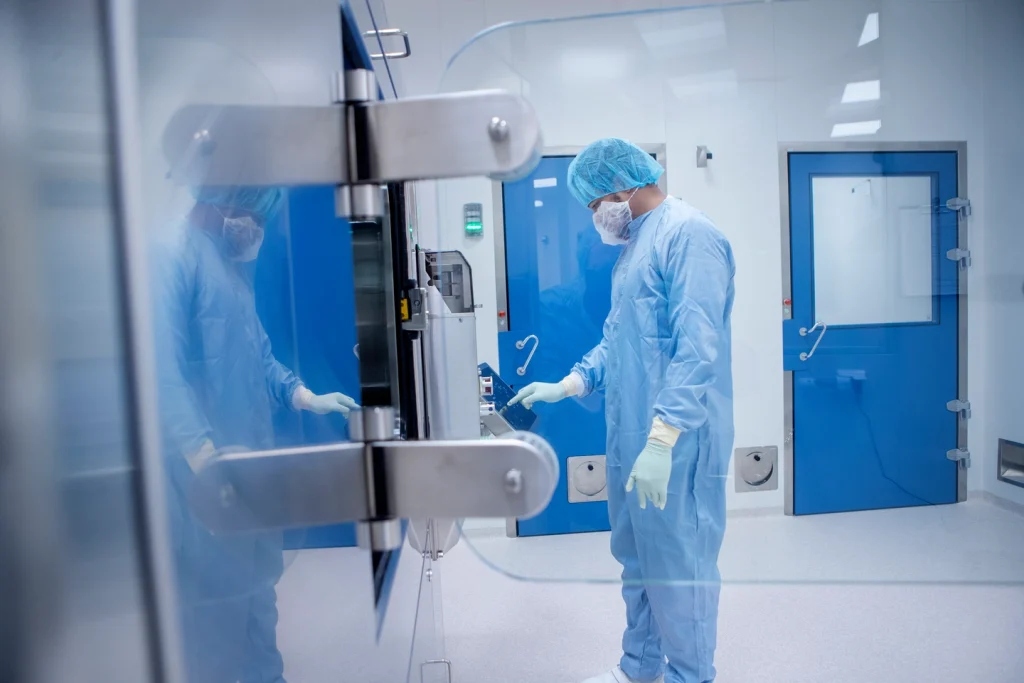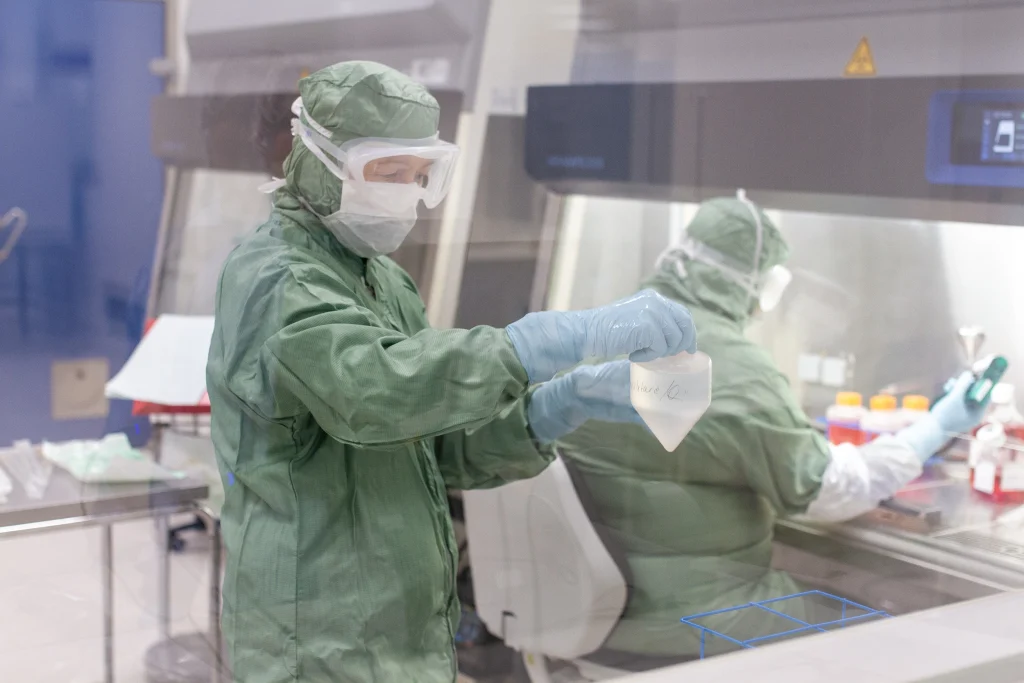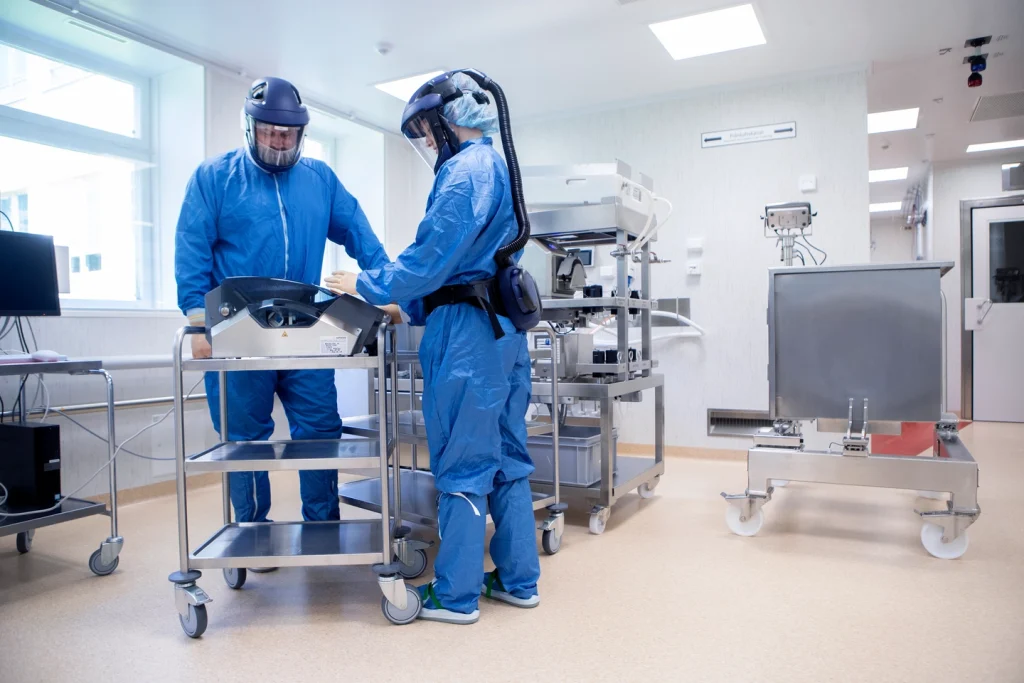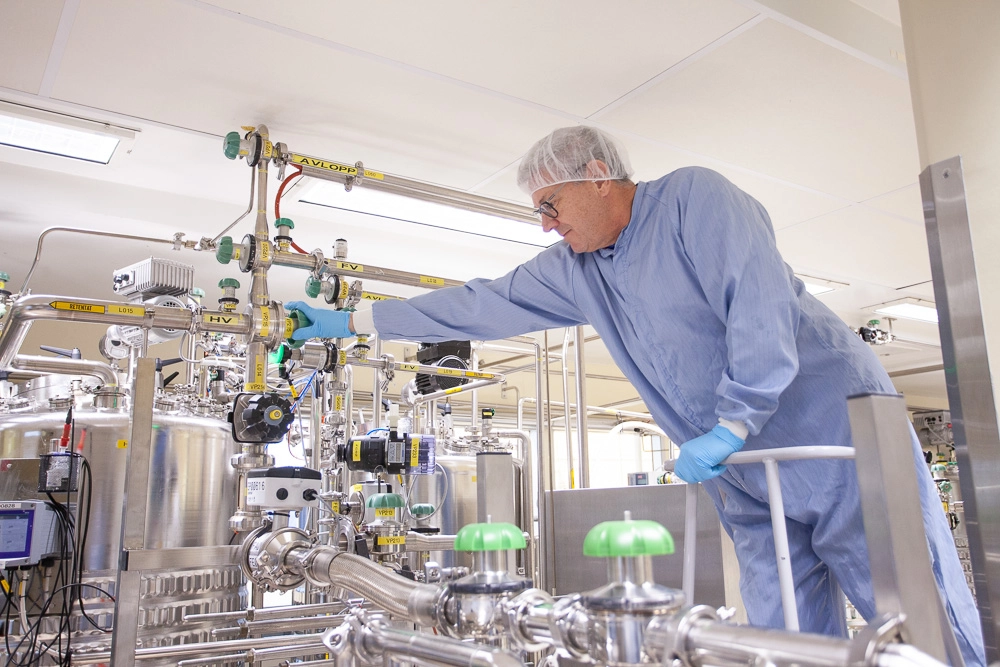When we hosted the workshop “Growing Together: Navigating CDMO Partnerships Through Clinical Phases” at Nordic Life Science Days in Gothenburg, we hoped to start a dialogue about what truly makes Biotech–CDMO collaborations successful. The response went far beyond expectations, with over 80 participants joining the discussion, an engaging panel session featuring Charlotte Fribert from Bonsai Therapeutics (Phase 1 – early development), Ola Sandborg from Lipum (Phase 2 – scaling complexity), and Arvid Söderhall from Empros Pharma (Phase 3 – large-scale delivery), and many interactions with the audience.
Overwhelmingly, one key insight stood out:
Communication was the single most important factor for a successful partnership.
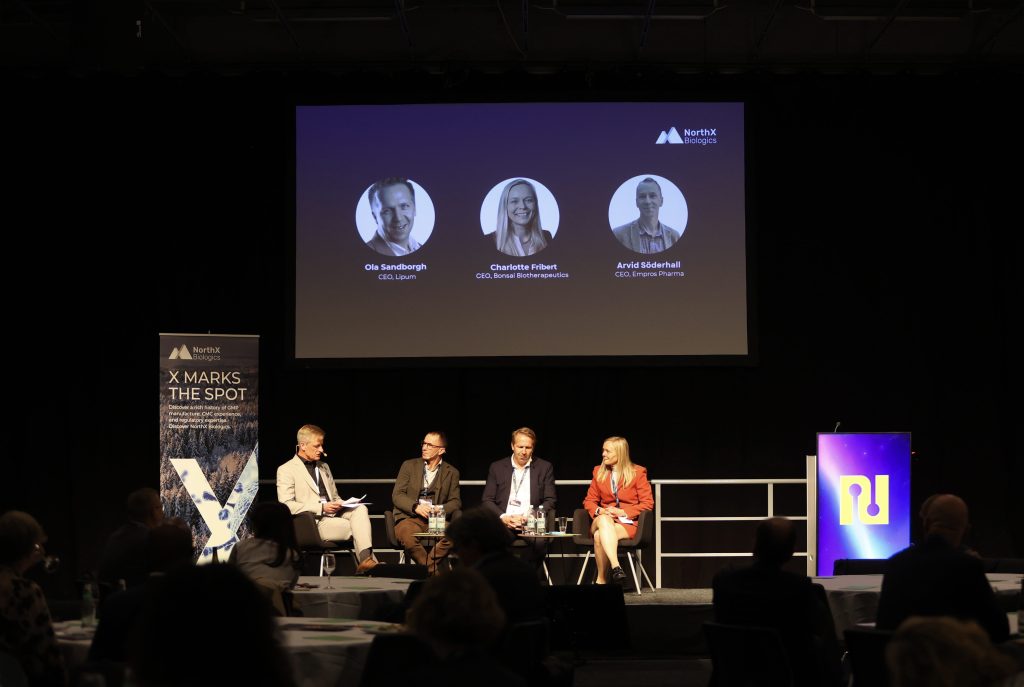
Phase 1: Building Early-Stage CDMO Collaboration in Biotech Development
In early development, biotech companies often face the daunting task of setting up processes and external collaborations for the first time. Charlotte Friberg, emphasized that understanding your own needs is the first step. She advised startups to assess whether a CDMO has a strong “D” for development, the ability to guide and support through early-stage formulation, scale-up, and regulatory preparation.
Key considerations in Phase 1:
- Development capability: Does the CDMO have the right understanding of the producte?
- Infrastructure scalability: Can they grow with you from lab-scale to pilot-scale?
- Proximity and access: Face-to-face collaboration can be invaluable in early stages.
Phase 2: Managing CDMO Complexity and Communication During Clinical Scale-Up
As companies move into Phase 2, complexity increases, more sites, more patients, and more batches. Ola Sandborg shared his experience of switching CDMOs due to time zone challenges and the need for closer collaboration. His key takeaway: communication and joint project management are essential.
Critical success factors in Phase 2:
- Tech transfer expertise: Biologics require more than just recipe-following.
- Joint project teams: Strong relationships between project management teams drive sucess.
- Adaptability: CDMOs must be flexible and responsive to evolving needs.
Phase 3: Ensuring CDMO Success in Large-Scale Biotech Manufacturing
Phase 3 brings immense pressure to deliver on quality, timelines, and regulatory compliance. Arvid Söderhall highlighted the importance of maintaining strong relationships.
Phase 3 priorities:
- Global logistics and compliance: Consider market entry points and regulatory landscapes.
- Capacity and capability: Ensure the CDMO can handle large-scale production.
- Strategic flexibility: Keep options open – don’t burn bridges with past partners.
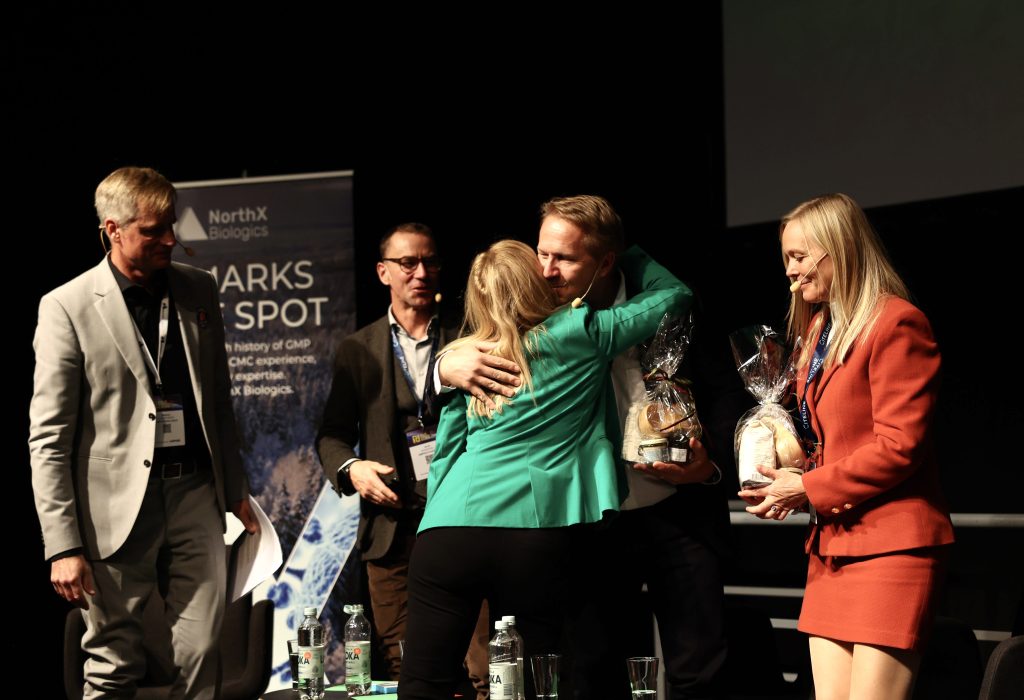
Moving Beyond Traditional CDMO Models: Partnering for Biotech Success
At NorthX, we believe the role of a CDMO must go far beyond executing a scope of work. As our CEO put it in the PharmaSource interview:
“We see ourselves as partners in the biotech’s success. It’s not that you give me a recipe and I perform it and hand it back to you. It’s really an intimate collaboration to contribute to the biotech’s success.”
This mindset, “partnering beyond production” means integrating closely with our customers’ teams, understanding their science, and co-owning their challenges and milestones. It’s a model built on openness, shared learning, and agility.
When communication flows, trust grows. And with trust, collaboration becomes seamless allowing both sides to focus on innovation rather than coordination.

